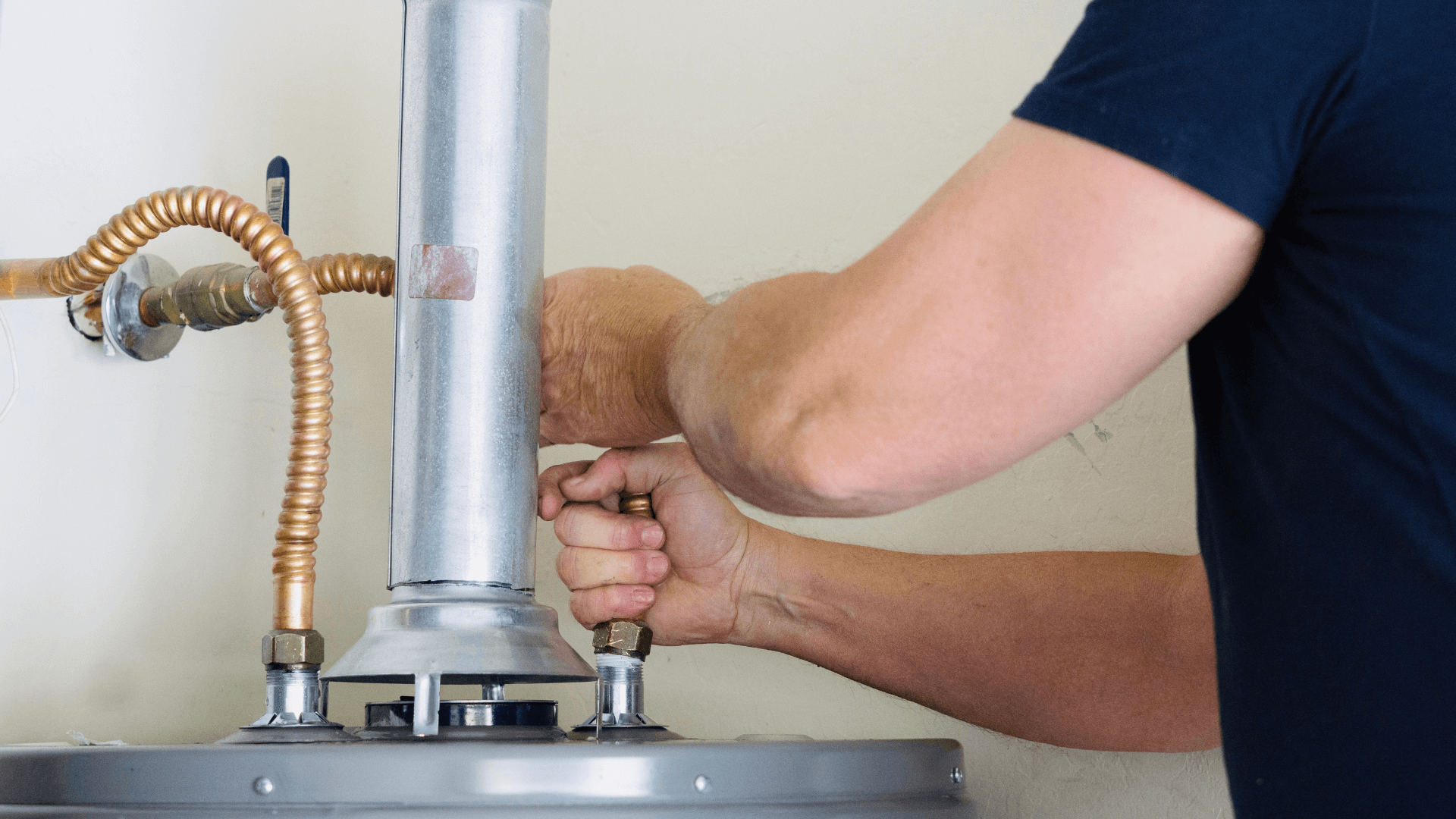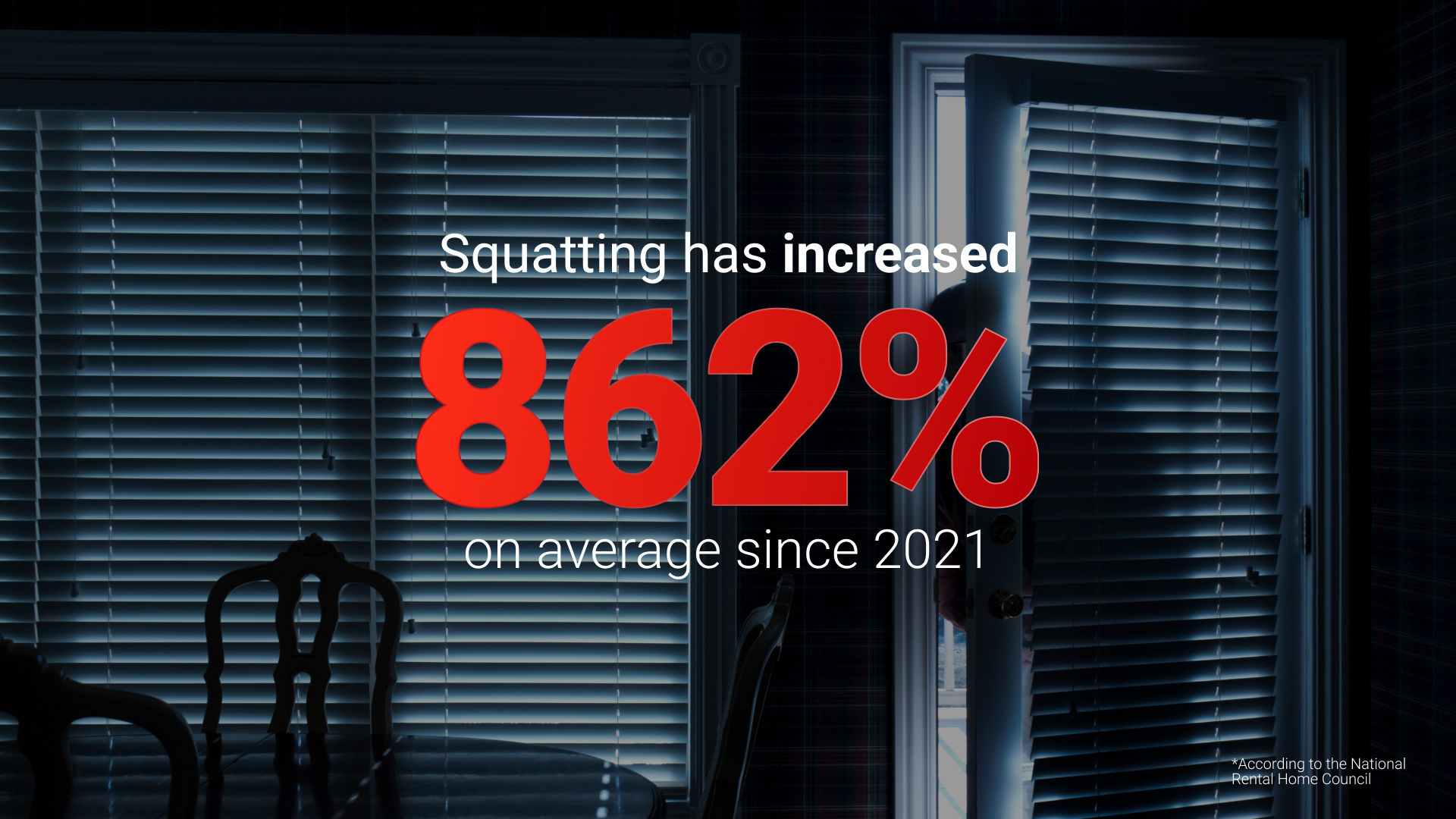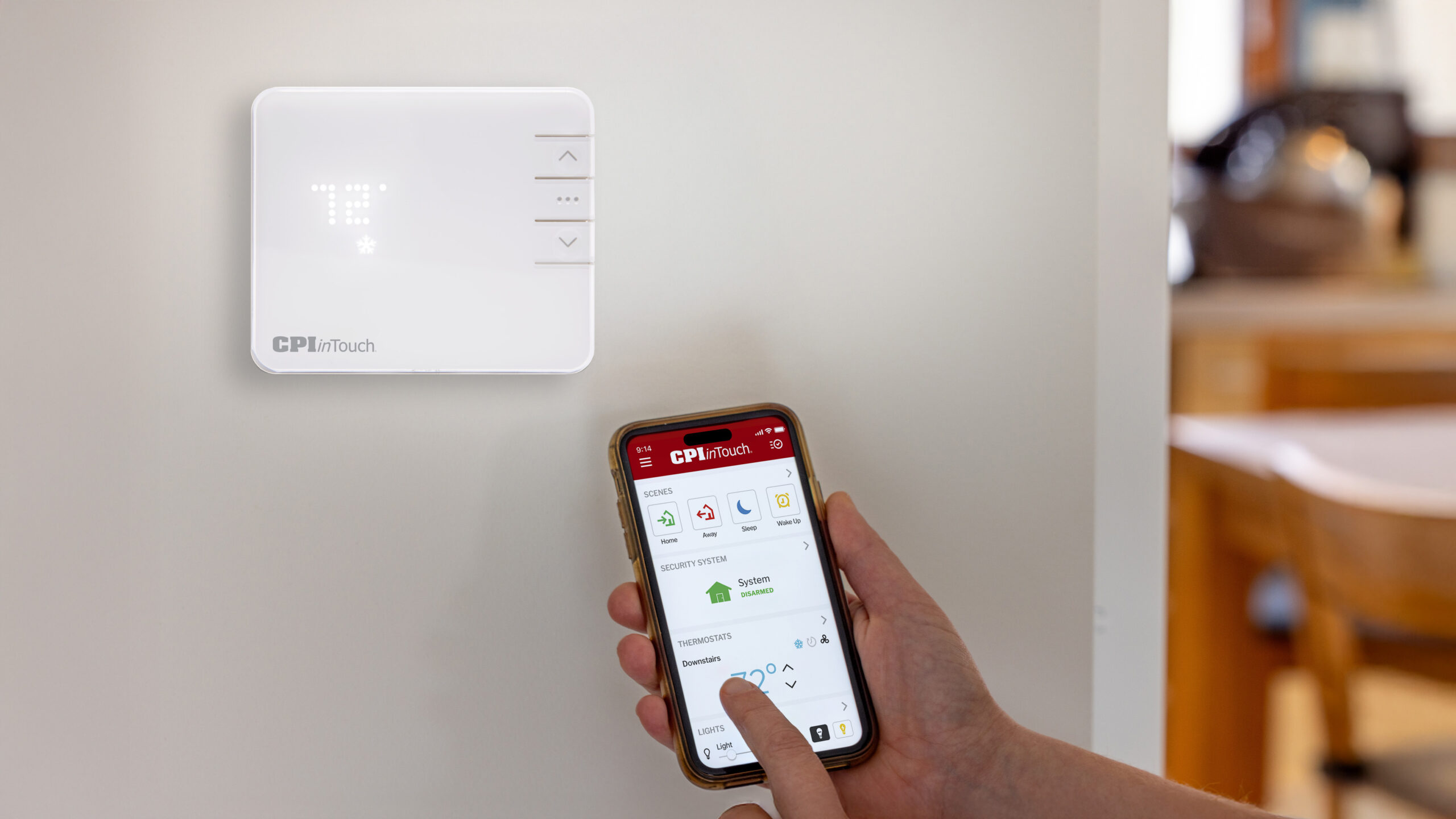Gas leaks are not just an inconvenience; they pose a serious threat to both property and lives. The ability to recognize subtle indicators of a gas leak and knowing immediate actions to take is crucial for every homeowner. You need to be informed and prepared if you want to mitigate the potential risk of a gas leak. This post will break down the potential signs of a gas leak and empower you to take the necessary actions to ensure the safety of your home and loved ones. Let’s get started.
5 Signs of a Potential Gas Leak
Smell: The Scent of Rotten Eggs
Bad news, the natural gas commonly used in households is odorless by nature. However, a distinct odor similar to rotten eggs is deliberately added to the gas for safety purposes to aid in leak detection. This intentional addition of odor is a crucial safety measure that indicates a gas leak.
If you, or anyone in your home, starts complaining about a rotten egg or sulfuric smell, it is vital to take immediate action to ensure the safety of everyone in the household. Recognizing and responding to this smell could make all the difference in averting a potential disaster.
Hear: Hissing or Whistling Sounds Near Gas Appliances
If you start to hear unusual hissing or whistling sounds near gas-powered appliances, it could be a sign of a potential gas leak. These sounds may signal the escape of natural gas from a pipeline, connector, or appliance and should be taken seriously as a potential hazard.
Immediate action should include shutting off the gas supply at the main valve, evacuating the premises, and seeking assistance from a professional to assess and address the issue. Ignoring these sounds can lead to dangerous consequences, making it imperative to prioritize safety and quick intervention.
See: Dead or Discolored Vegetation Near Gas Lines
Gas leaks can significantly impact nearby plant life, leading to wilting, discoloration, or death of vegetation near gas lines. This effect is due to the displacement of oxygen by natural gas in the soil, creating an environment that poisons healthy plants.
Inspect your outdoor areas regularly for any signs of abnormal plant health, such as dead or discolored vegetation near gas lines. Recognizing these visual cues can serve as an early warning sign of potential gas leaks, prompting immediate assessment and intervention to ensure environmental and human safety.
Feel: Physical Symptoms and Health Effects of Gas Leaks
Exposure to a gas leak can lead to various physical symptoms, including:
- Dizziness
- Nausea
- Headaches
- Fatigue
- Breathing Difficulties
These symptoms may indicate natural gas inhalation. If anyone in your home starts to experience any of these symptoms, seek medical attention without delay. Prioritizing safety and well-being by promptly leaving the affected area can mitigate the impact of gas exposure on individuals and ensure timely intervention to address the source of the leak.
Pay: Unexplained Increase in Gas Bills
A sudden spike in your gas bills could indirectly indicate a gas leak. If you see a bill that’s higher than expected, it’s time to start looking for a leak. By staying vigilant and proactively addressing any unexpected increases in gas bills, individuals can identify and address a gas leak before it escalates into a more severe issue.
Here are some critical steps to consider when addressing a sudden spike in gas bills:
Conduct a Physical Inspection: Check your property (both inside and out) for the signs of a gas leak, such as hissing sounds near gas lines, dead plants near gas pipes, or a rotten egg odor often associated with natural gas.
Contact Utility Providers: Contact the gas utility provider to inquire about the spike in gas bills. They may provide insights or guidance on potential reasons for the increase.
Seek Professional Assessment: Engage a qualified professional to conduct a comprehensive inspection of your home’s gas lines and appliances. Their expertise can help identify potential leaks or inefficiencies contributing to the increased gas usage.
Addressing any suspected gas leaks promptly is essential to ensuring the safety of occupants and the integrity of the property.
Where Gas Leaks Are Likely to Occur
Gas leaks don’t just happen in the kitchen. They can occur in various areas throughout residential and commercial properties. Understanding the common locations where gas leaks are likely to happen is crucial for proactive maintenance and swift detection.
Here are some key areas where gas leaks are prone to occur:
Utility Pipelines: Underground utility pipelines, including natural gas supply lines, are vulnerable to corrosion, ground shifts, and external damage. Leaks in these pipelines can pose significant risks if left undetected, potentially leading to environmental hazards and safety concerns.
Residential Appliances: Over time, wear and tear on the appliance components or improper installation can lead to gas seepage, emphasizing the need for regular maintenance and inspections. Gas-powered appliances such as stoves, ovens, water heaters, and furnaces are familiar sources of gas leaks within homes.
Building Gas Lines: The network of gas lines running within a building, delivering gas to various appliances, presents another potential area for gas leaks. Corrosion, aging infrastructure, or substandard installation practices can contribute to gas line deterioration and subsequent leaks.
Take a Proactive Approach to Protecting Your Home from Gas Leaks
Take a proactive approach to protecting your home from gas leaks by utilizing security sensors, such as the ones offered by CPI Security. These advanced sensors are specifically designed to monitor appliances and areas where gas leaks could occur, providing continuous oversight to safeguard your home and loved ones.
By integrating these sensors into your security system, you can stay ahead of potential risks and take swift action in case of a gas leak, ensuring the utmost protection for your household.
What to Do in the Event of a Gas Leak: Specific Gas Types and Response
Gas leaks pose serious safety risks, and knowing how to respond to different types of gas leaks is the first step in ensuring the well-being of your family and your home. Here’s a guide on what to do in the event of gas leaks involving specific gas types:
Natural Gas Leaks
Natural gas is typically a mix of methane (approximately 97%), along with smaller amounts of ethane, propane, butane, and other hydrocarbons. This mix makes natural gas highly combustible.
In a home, the most common leaks commonly stem from gas-powered appliances such as:
- Water Heaters
- Furnaces
- Stoves
- Fireplaces
- Gas Lines and Connections
Take these steps in the event of a natural gas leak.
Evacuate Immediately: If you smell natural gas or suspect a leak, evacuate the area immediately. Leave doors and windows open as you exit to facilitate ventilation.
Do Not Use Electrical Devices: Refrain from using electrical devices, including light switches, as they can potentially ignite the gas.
Contact the Gas Company and Emergency Services: Call your local gas company’s emergency line and 911 to report the gas leak and seek immediate assistance.
Propane Gas Leaks
Propane gas is another combustible gas that homeowners need to monitor. As with natural gas, the most common leaks can occur from or around household appliances:
- Furnaces
- Fireplaces
- Stoves
- Water Heaters
- Gas Lines and Connections
Note that you can have both propane and natural gas leaks depending on your home configuration. In the event of propane link, follow these steps:
Evacuate and Ventilate: In the case of a propane gas leak, evacuate the area and ensure doors and windows are left open to allow for ventilation.
Avoid Flames and Sparks: Avoid flames, sparks, or sources of ignition, as propane is highly flammable.
Seek Professional Assistance: Contact a qualified professional to address the propane gas leak and perform necessary repairs.
Radon Gas Leaks
While it’s not as common as propane and natural gas leaks, radon gas leaks can still be a problem for homeowners. Especially those living in rural areas. Radon is a radioactive gas that forms naturally when uranium, thorium, or radium, which are radioactive metals, break down in rocks and soil.
Radon is odorless, colorless, and tasteless, making it imperceptible to human senses. And, unlike commercial gases like propane, radon does not have any additives that help someone identify a potential leak. The only way to detect a radon leak is to test your home for radon.
Radon can seep into homes through openings in the foundation, floor drains, construction joints, and cracks in walls. Additionally, well water can also be a source of radon, releasing the gas into the air when water is used for showering, cooking, or other household activities.
Here’s what to do in the event of a Radon leak.
Exit the Property: If you suspect a radon gas leak, exit the property promptly and avoid prolonged exposure to the gas.
Seal Entry Points: After leaving the affected area, seal entry points to prevent the further spread of radon gas.
Consult Environmental Authorities: Contact environmental authorities or professionals specializing in radon detection and mitigation for assistance and guidance.
Support and Safety Measures
By understanding the appropriate responses to specific gas leaks and implementing proactive safety measures, individuals can effectively mitigate the impact of gas-related incidents and prioritize their and others’ safety.
If you are experiencing or believe you could be experiencing a gas leak, follow these safety measures.
Prompt Reporting: Report gas leaks immediately to the relevant authorities, such as the local gas company and emergency services, to ensure timely intervention.
Evacuation Protocol: Establish clear evacuation protocols for gas leak scenarios and ensure that all occupants know the procedures to follow in the event of a leak.
Regular Inspections: Schedule regular inspections and maintenance for gas lines, appliances, and systems to minimize the risk of leaks and associated hazards.
Remember, being prepared and proactive can make all the difference when it comes to gas safety. Let’s prioritize safety and take the necessary steps to protect ourselves, our families, and our properties from the risks associated with gas leaks.




